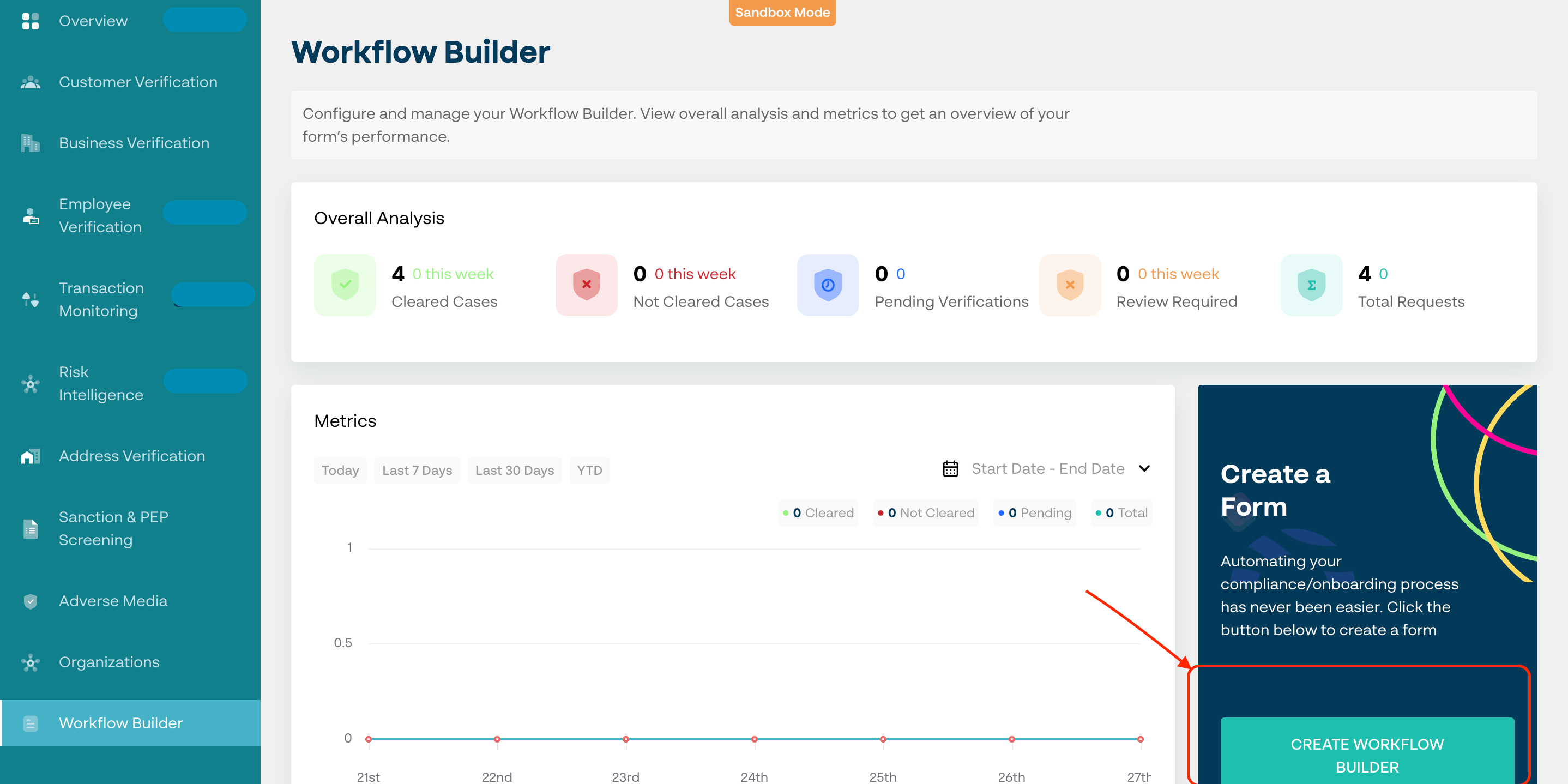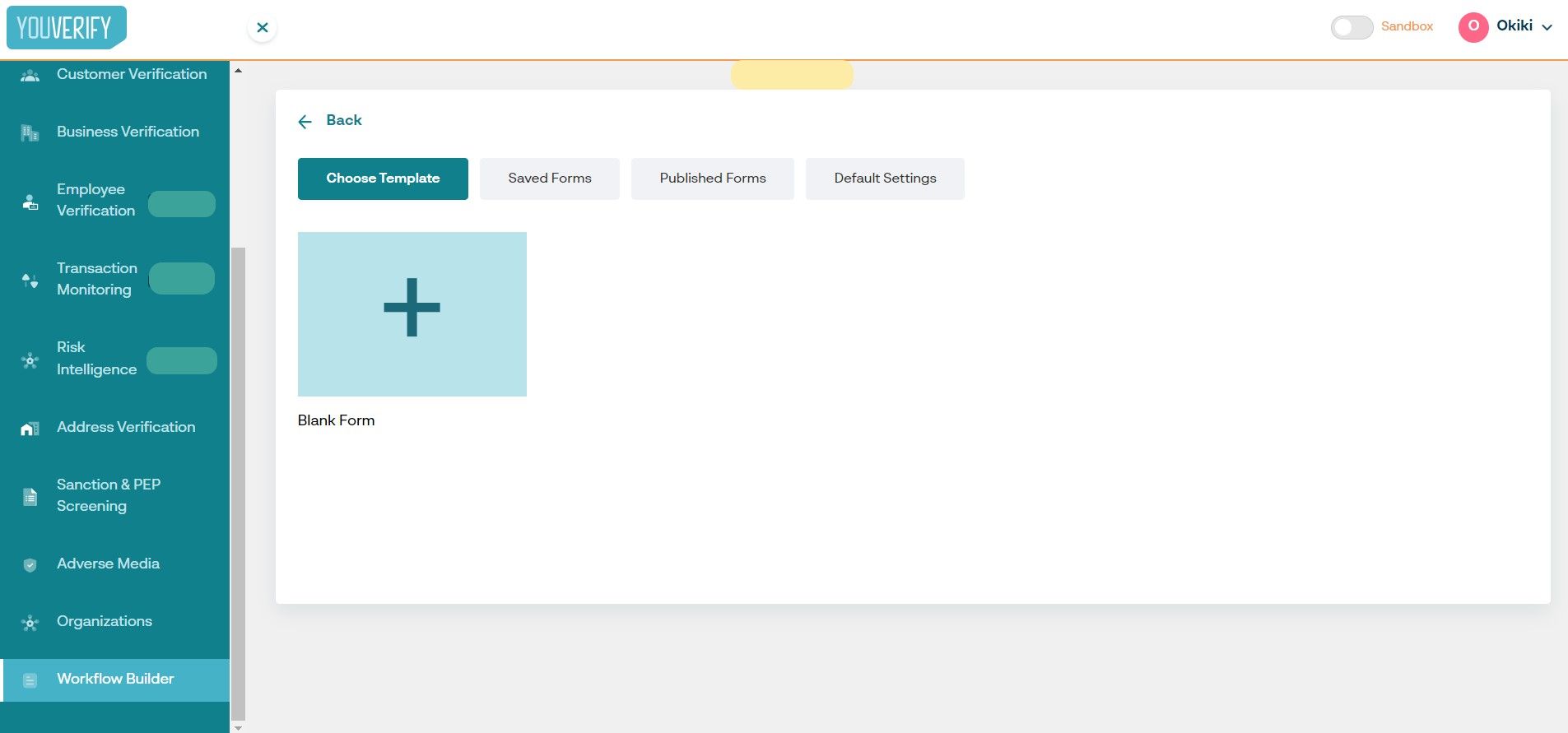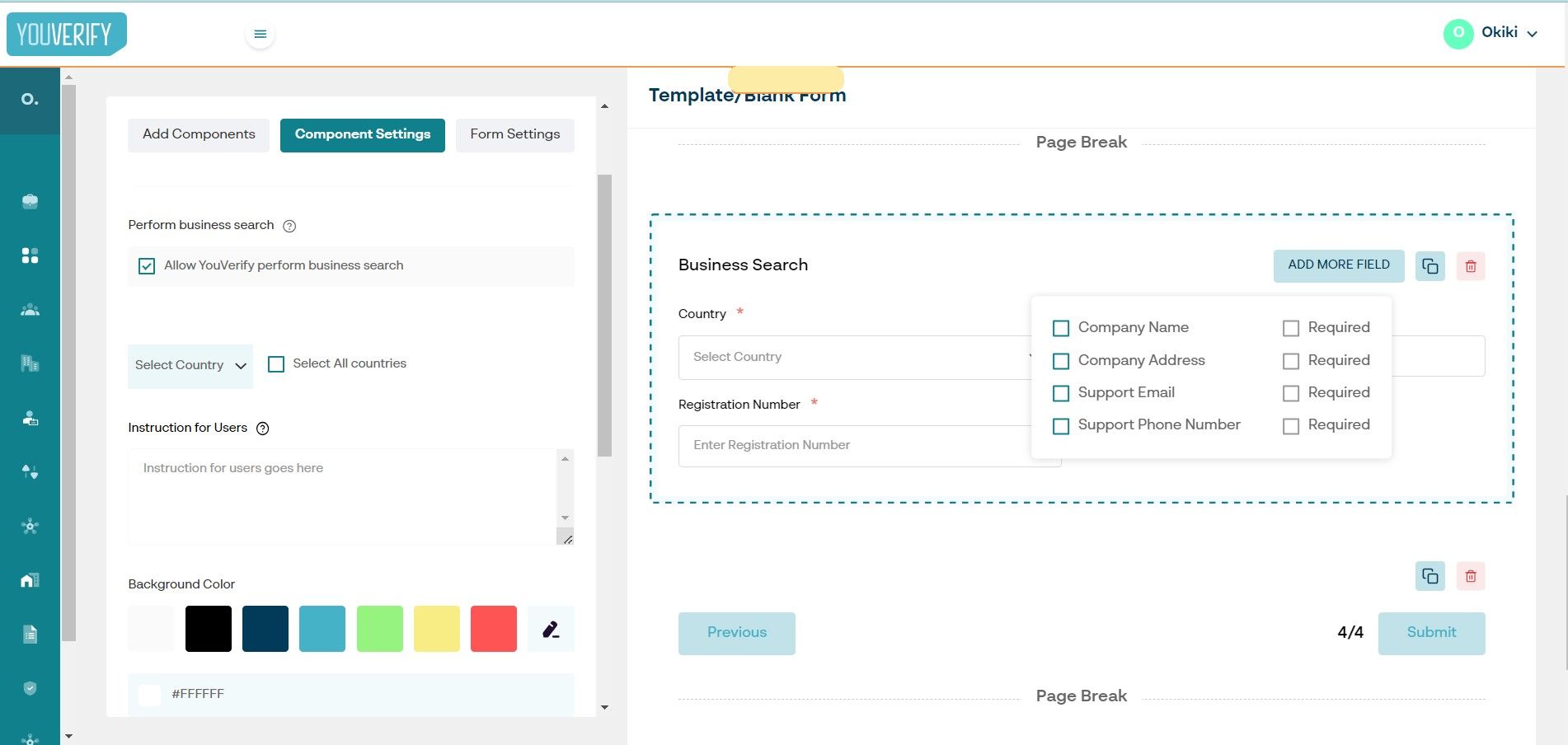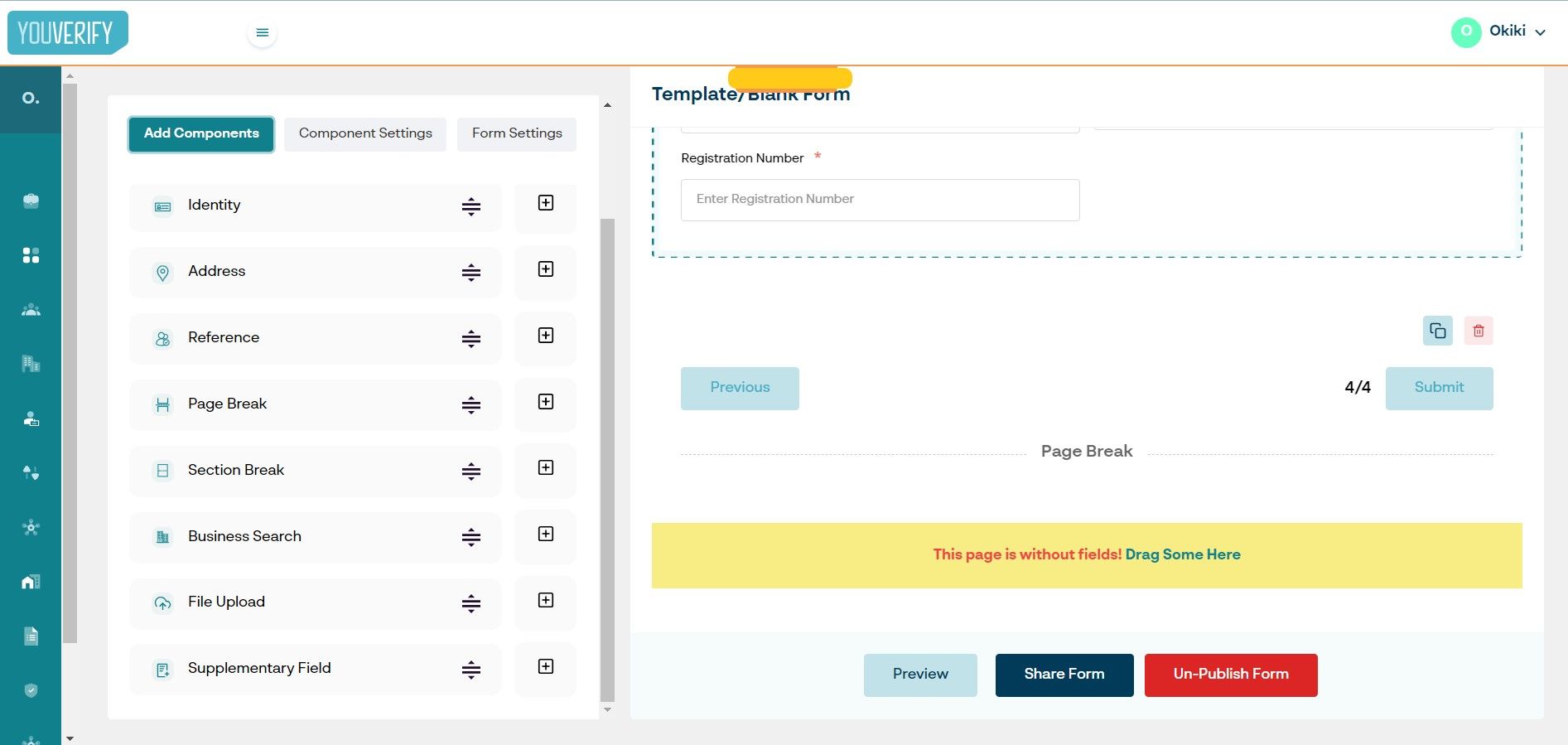In today's fast-paced business landscape, staying compliant with industry regulations is crucial for companies of all sizes. According to Veritas, 56% of businesses have reported cybersecurity invasions in the past year. Compliance solutions have emerged as a powerful tool to streamline operations and improve efficiency.
These solutions encompass a wide range of software and services that assist organizations in managing compliance requirements, mitigating risks, and ensuring ethical practices. By automating tasks such as document management, reporting, and audits, with compliance automation tools, compliance solutions enable businesses to save time, reduce errors, and stay up-to-date with changing regulations.
Moreover, they provide a centralized platform for collaboration and communication across different departments, enhancing transparency and accountability within the organization. With the ever-increasing complexity of regulations, compliance solutions offer a proactive approach to maintaining compliance, avoiding penalties, and safeguarding the reputation of the company.
In this article, we will explore the key benefits of implementing compliance solutions and how they can revolutionize the way businesses operate in today's regulatory landscape.
How Understanding Compliance Helps in Business Operations
Compliance is a vital factor in running a successful business. It refers to the adherence to laws, regulations, and industry standards that govern a particular industry or sector. Compliance ensures that businesses operate ethically, responsibly, and following legal requirements.
In today's rapidly evolving regulatory landscape, organizations must have a clear understanding of compliance and its impact on their operations. Compliance extends to various areas of business operations, including finance, human resources, data protection, and environmental sustainability.
It involves implementing policies, procedures, and controls to minimize risks, prevent fraud, protect sensitive information, and promote fair practices. Compliance it's not just about ticking boxes and meeting legal obligations; it also plays a vital role in building trust with customers, investors, and stakeholders.
You will also be interested in learning about Know Your Transactions and their importance to your business.
What Are The Importance of Compliance Solutions
Compliance management can be complex and challenging, especially for organizations operating in highly regulated industries. Manual processes and outdated systems can lead to errors, inconsistencies, and non-compliance. This is where compliance solutions come into play.
Compliance solutions are software tools designed to streamline and automate compliance management processes, making them more efficient, accurate, and reliable. Implementing compliance solutions offers several benefits for businesses.
What Are The Benefits of Implementing Compliance Solutions
The benefits of implementing compliance solutions in your organization are numerous.
1. The ability to automate repetitive tasks and processes
Compliance software can generate automated reminders, notifications, and reports, saving time and effort for compliance officers. This allows them to focus on more strategic and value-added activities, such as risk assessment, policy development, and employee training.
2. Improved accuracy and consistency in compliance management
Manual processes are prone to errors and inconsistencies, which can have serious repercussions for different types of businesses. Compliance solutions eliminate these risks by providing standardized workflows, templates, and checklists. This ensures that compliance activities are carried out consistently and following established guidelines.
3. Compliance solutions promote transparency and accountability within organizations
By providing real-time visibility into compliance activities, software tools enable management to monitor progress, identify gaps, and take corrective actions when necessary.
This not only enhances operational efficiency but also helps organizations build a culture of compliance, where every employee understands their responsibilities and contributes to compliance efforts.
In 2020 alone, penalties that amount to $1.8B were paid by businesses on Wall Street for mishandling and improper monitoring of WhatsApp communications.
4. It helps organizations stay on top of ever-changing regulations and industry standards
Compliance software keeps track of new requirements, updates, and deadlines, ensuring that businesses remain compliant at all times.
5. Compliance solutions provide a centralized platform for managing all compliance-related activities
This eliminates the need for multiple systems and spreadsheets, making it easier to monitor, track, and report on compliance efforts.
What Are The Common Challenges in Compliance Management
Despite the benefits of compliance solutions, organizations often face challenges when it comes to compliance management.
a. Complexity of regulatory requirements
The sheer volume of regulations, laws, and standards can be overwhelming, especially for organizations operating in multiple jurisdictions or industries.
Compliance solutions can help address this challenge by consolidating and simplifying compliance requirements, making it easier for businesses to navigate the regulatory landscape.
b. The lack of resources and expertise in compliance management
Many small and medium-sized businesses struggle to allocate dedicated compliance personnel or invest in comprehensive compliance programs. Compliance solutions can provide cost-effective alternatives by offering pre-built compliance frameworks, templates, and tools.
This allows organizations to leverage industry best practices and automate compliance processes without significant upfront investments.
c. Compliance management often involves collaboration and coordination across different departments and functions
Siloed information, decentralized processes, and lack of communication can hinder effective compliance management. Compliance solutions facilitate collaboration by providing a centralized repository for compliance-related documents, policies, and procedures.
This ensures that all stakeholders have access to the latest information, reducing the risk of miscommunication or duplication of efforts.
How Compliance Solutions Streamline Operations
Compliance solutions play a crucial role in streamlining business operations.
i. Reduced Error
They automate and streamline compliance management processes, reducing manual effort, and minimizing the risk of errors.
ii. Easy management
Compliance software provides a centralized platform for managing compliance activities, eliminating the need for multiple systems, spreadsheets, and manual tracking. This ensures that compliance efforts are streamlined, efficient, and consistent across the organization.
iii. Risk Management
By providing real-time visibility into compliance activities, software tools help identify potential gaps, vulnerabilities, and non-compliance issues. This allows businesses to take corrective actions promptly, reducing the risk of penalties, fines, or reputational damage.
iv. Realtime updates and reporting
Compliance software generates automated alerts, notifications, and reports, ensuring that compliance officers are always up to date with the latest compliance requirements and deadlines.
v. Compliance solutions enhance data security and privacy.
Compliance software often includes features such as access controls, encryption, and audit trails, ensuring that sensitive information is protected from unauthorized access or breaches. This is particularly important in industries where data privacy regulations, such as the General Data Protection Regulation (GDPR), apply.
vi. Improved Trust
Compliance solutions also help businesses demonstrate compliance with data protection requirements, giving customers and stakeholders confidence in the organization's commitment to privacy.
Recommended - how Machine Learning (LM) is used in fraud prevention for e-commerce
What Are The Important Features to Look for in Compliance Software?
When selecting compliance software for your organization, it is important to consider the key features that will best meet your needs.
Here are the important features to look for in Compliance software:
1. Centralized compliance management
The software should provide a centralized platform for managing all compliance-related activities, documents, and processes.
2. Automated alerts and notifications
The software should have the ability to generate automated alerts and notifications for upcoming compliance deadlines, changes in regulations, or non-compliance issues.
3. Data management
The software should allow for the central storage, organization, and retrieval of compliance-related documents, policies, and procedures.
4. Reporting and analytics
The software should provide comprehensive reporting and analytics capabilities, allowing businesses to monitor, track, and analyze compliance efforts.
5. Integration capabilities
The software should be able to integrate with other systems and applications, such as ERP or HR software, to streamline data exchange and improve efficiency.
6. User-friendly interface
The software should have an intuitive and user-friendly interface, making it easy for employees at all levels to navigate and use the system effectively.
How to Implement Compliance Solutions in Your Organization
Implementing compliance solutions in your organization requires careful planning and execution according to Youverify. Here are some steps to consider:
1. Assess your compliance needs
Identify the specific compliance requirements, risks, and challenges that your organization faces. This will help you determine the features and capabilities that you need in a compliance solution.
2. Research and evaluate software options
Conduct thorough research and evaluate different compliance software options available in the market. Consider factors such as cost, scalability, customer reviews, and vendor reputation.
3. Develop a compliance strategy
Define your organization's compliance goals, objectives, and strategies. Identify the key stakeholders, roles, and responsibilities for compliance management.
4. Select and implement the software
Select the compliance software that best meets your organization's needs and implement it according to your defined strategy. Ensure that all relevant employees are trained on how to use the software effectively.
5. Monitor and evaluate performance
Continuously monitor and evaluate the performance of your compliance solution. Collect feedback from users, track key metrics, and identify areas for improvement.
How to Automate Compliance With The Youverify Solution
Here is a step-by-step process on how businesses can automate their compliance processes with the Youverify workflow builder:
Step 1: Login to your dashboard and navigate to “Workflow Builder” at the left tab of your screen. Select create workflow builder on the bottom right as seen in the image below.

Step 2: You can either opt to choose an existing template by selecting “Choose Template”, Select a designed form draft in “Saved Forms”, copy a previously created and deployed form in “Publish Forms” or edit the template preferences in "Default Settings" tab.

Step 3: Select the solution components necessary for your business compliance needs as indicated in “1” and tailor the user onboarding flow to your preference.

Step 4: Customise individual components to your business brand feel including colours, logo, background, etc.

Step 5: Review to ensure it satisfies all the important needs in your onboarding and publish. You can proceed to share a link directly with customers.

Final Thoughts
Compliance is a crucial factor in running a successful business as implementing compliance solutions can streamline operations, improve efficiency, and minimize the risk of non-compliance.
By automating manual processes, providing centralized management platforms, and leveraging technology, compliance software enables organizations to stay on top of regulatory requirements, reduce errors, and enhance transparency.
When selecting compliance software for your organization, consider key features such as centralized management, automated alerts, document management, reporting and analytics, integration capabilities, and a user-friendly interface.
Implementing compliance solutions requires careful planning, assessing your organization's compliance needs, researching and evaluating software options, developing a compliance strategy, and monitoring performance. Embracing compliance solutions is essential for long-term success in today's complex and highly regulated business environment.
To learn more about how compliance solutions can streamline your operations and improve efficiency, contact us today for a consultation. Our team of experts will assess your organization's compliance needs and provide tailored recommendations for implementing the right compliance software.
Don't let compliance be a burden on your business - let our team of experts at Youverify help you simplify and optimize your compliance management.